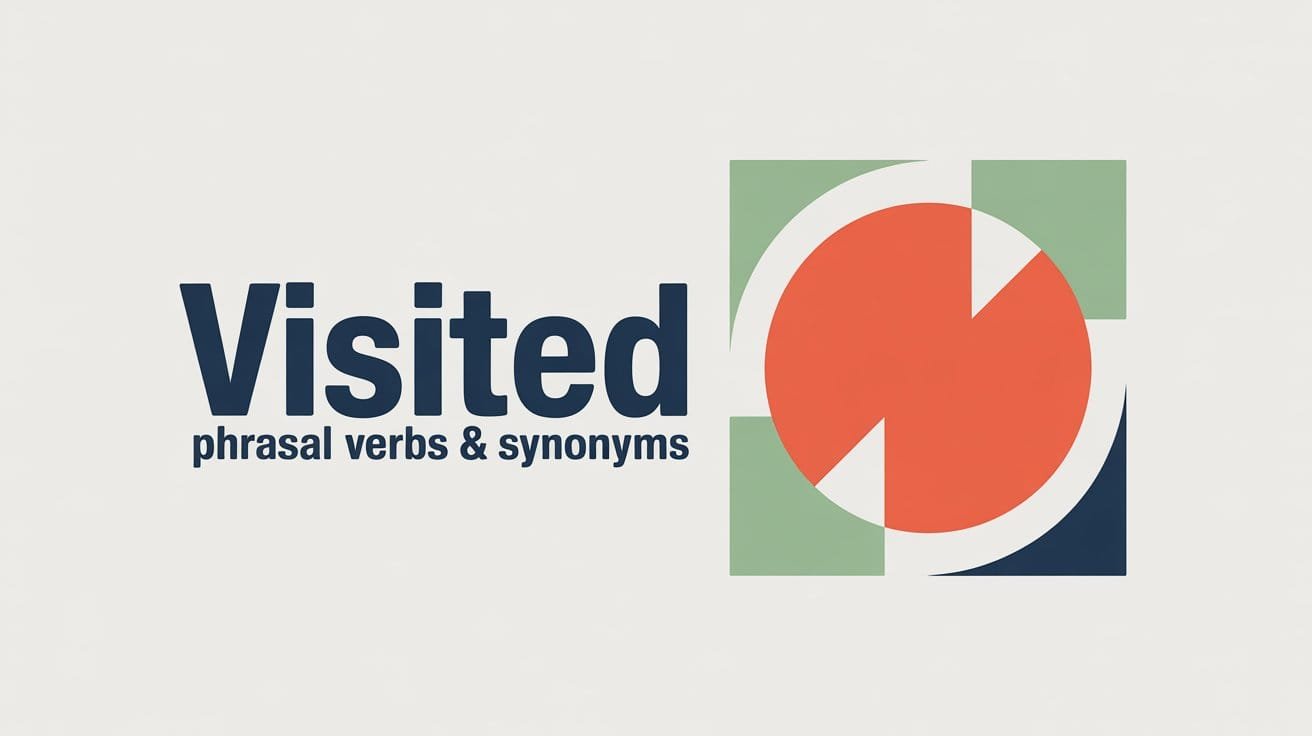The word “resemble” is often used when we talk about people, objects, or ideas that look or seem similar. It’s a useful verb, especially in both spoken and written English. But like many commonly used words, repeating “resemble” too often can make your writing feel repetitive or overly simple.
Common Synonyms for Resemble
- Look like – She looks like her older sister.
- Take after – He takes after his father in both looks and habits.
- Mirror – Their expressions mirrored each other perfectly.
- Echo – His style echoed traditional designs.
- Match – The suspect’s description matched the witness report.
What Does “Resemble” Mean?
The verb “resemble” means to look like or be similar to someone or something, especially in appearance, behavior, or style. It is commonly used to compare people, objects, or ideas that have similar characteristics or features.
“Resemble” is not used in continuous (–ing) forms. So we say “She resembles her mother,” not “She is resembling her mother.”
Examples
- The twins closely resemble each other, but their personalities are completely different.
- This dish resembles something my grandmother used to cook.
- The design of the new smartphone resembles last year’s model.
Different Ways to Say “Resemble”
Several words and expressions can be used instead of “resemble,” depending on the situation. Below are “resemble synonyms” with example sentences to show how they work in conversations and writing.
Look like
This is the most direct and informal alternative to “resemble.”
- Ava looks like her older sister, especially around the eyes.
- That cloud looks like a giant animal floating in the sky.
Be similar to
Useful for both visual and non-visual comparisons.
- His writing style is similar to that of classic novelists.
- This software is quite similar to the one we used last year.
Take after
Often used to describe family traits or inherited characteristics.
- Daniel takes after his father in both appearance and mannerisms.
- She takes after her grandmother when it comes to cooking skills.
Mirror
Stronger than “resemble,” this implies a close or exact likeness.
- Her reaction mirrored his so closely that it felt rehearsed.
- The two versions of the report mirrored each other almost word for word.
Favor
Mostly used in American English to talk about physical resemblance, especially in families.
- He favors his uncle more than his father in terms of facial features.
- People say I favor my mom when I smile.
Echo
Used more often with ideas, behavior, or tone rather than appearance.
- The tone of her speech echoed the leader’s message from last week.
- His design echoed elements from traditional Japanese art.
Remind (someone) of
Used when something makes you think of something or someone else.
- That song reminds me of our summer trip.
- Her voice reminded me of a famous actress.
Be a reflection of
More figurative, often used in writing and abstract contexts.
- The novel is a reflection of the author’s personal life struggles.
- His attitude is a reflection of the culture in which he was raised.
Match
Used when appearance, pattern, or behavior aligns closely.
- The suspect’s description matches the man seen in the footage.
- Her lipstick matched her dress perfectly.
Imitate
Used when one thing is intentionally copying another.
- The robot was designed to imitate human gestures.
- Children often imitate the behavior of adults around them.
Parallel
Useful in formal or analytical writing to describe ideas or developments that follow similar paths.
- Their career paths paralleled each other for several years.
- The novel’s plot parallels events from real-world history.
Be akin to
Formal and often used for abstract or non-visual similarity.
- His sense of humor is akin to that of a dry British comedy.
- The team’s dynamic is akin to a close-knit family.
Match up with
Informal, often used when comparing data, features, or expectations.
- Her explanation didn’t quite match up with the facts.
- The results matched up with what we predicted.
Related Reading
- Synonyms for Which: Examples and Usage Guide
- Give Up Synonym – 20 Alternative Examples
- Looking Forward to Synonym List
- 120 Different Ways to Say Thank You
Summary
The verb “resemble” is used to describe how one thing is similar to another, whether in appearance, behavior, or style. But depending on what you’re trying to express, other words may work better.
This guide introduced several alternatives to “resemble,” including expressions like look like, take after, mirror, echo, and match. Each option can help you describe similarities more precisely and make your English sound more natural in both speech and writing.



